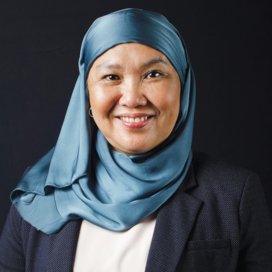
Head of Delegation, UN-ESCAP
Over 11 million tons of plastic waste enters our oceans every year, and Asia Pacific countries contribute to over half of land-based sources of marine plastic pollution. Up to 95% of riverine plastic pollution is transported by just ten major rivers, eight of which are in Asia. While the headlines are global, it’s cities and urban areas that are at the frontlines of this crisis. Fast-growing cities with underdeveloped waste management systems in the region drive 60% of plastic waste leakage into the environment. Through the on the ground efforts of scientists, municipalities and development partners, the hotspots are increasingly known: uncollected waste, litter, monsoons flushing plastics into waterways, plastic bags and film, and low recycling rates emerge as priorities in the fight against urban plastic pollution. While plastic pollution is a critical urban issue, it will require global cooperation. At the United Nations Environment Assembly 5.2, held in March 2022, 175 nations adopted a resolution to establish an international legally binding agreement to end plastic pollution by 2024. A key element of the success of any international agreement of plastics will need to be the sharing of solutions to reduce plastic pollution. The networking event will be organized to share evidence-based and innovative solutions to plastic pollution and encourage dialogue and exchange of approaches to reduce marine plastic pollution that could support the objectives of the international agreement. Key highlights include the roll out of the ISWA Plastic Pollution Calculator, which has the potential to harmonize and benchmark plastic pollution measurement in cities. Secondly, the use of digital technologies such as artificial intelligence, satellites, and GIS tools to cost-effectively automate the monitoring of plastic pollution. Speakers will share lessons and results from the project, Closing the Loop on Plastics, which was supported by the Government of Japan and implemented in four cities in Asia (Surabaya, Indonesia; Kuala Lumpur, Malaysia; Nakhon Si Thammarat, Thailand; Da Nang Viet Nam). The project worked with cities to develop evidence-based plastic pollution policies, based on innovative approaches to measure, monitor and prevent plastic leakage into urban waterways. The project deployed a plastic pollution calculator and an innovative digital tool to identify sources of plastic pollution and supported city-level plastic pollution action plans. Following brief presentations by city officials and development partners on the tools, resources and development of local action plans from Closing the Loop, participants will be encouraged to share local solutions and innovations that cities are implementing to reduce plastic pollution.
The overall objective of the event is to share evidence-based and innovative solutions to plastic pollution that can be replicated in cities around the world. In the context of a commitment to draft an international agreement by 2024 on ending plastic waste, sharing solutions and strengthening networking among national governments, local authorities, international organizations, grass roots organizations, solid waste associations and academia is timely and essential. The event will have the following specific objectives: a) Share direct experiences from innovative approaches to city-based plastic pollution, including the deployment of digital solutions; b) Contribute to discussions on the role of innovation and technologies to support the international agreement on plastic pollution; c) Highlight the role of cities and partners and communities of practice in efforts to end plastic pollution and support the international agreement.

Head of Delegation, UN-ESCAP

Programme Officer on Marine Litter, Secretariat of the Coordinating Body on the Seas of East Asia (COBSEA), United Nations Environment Programme (UNEP)

H.E. Mayor of Kuala Lumpur, Malaysia

CEO, Urbanice Malaysia, Ministry of Local Government and Housing, Malaysia

UN-Habitat

Senior Advisor WWF Norway

Lead, Waste Community of Practice, Global Green Growth Institute

Business innovator and Waste Wise Challenge winner

Head of Delegation, UN-ESCAP